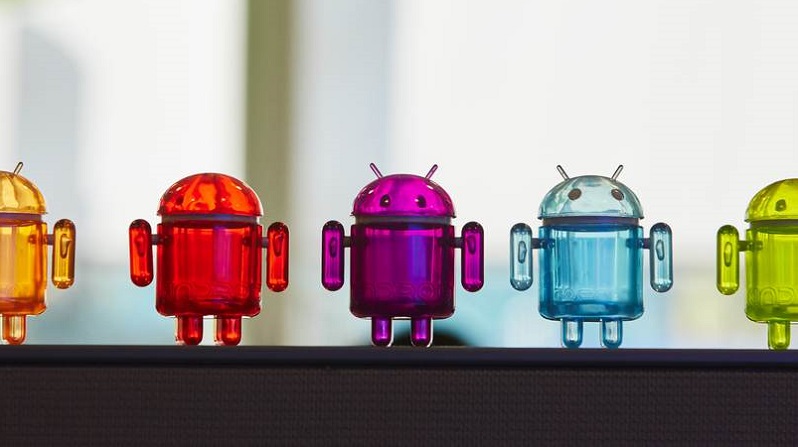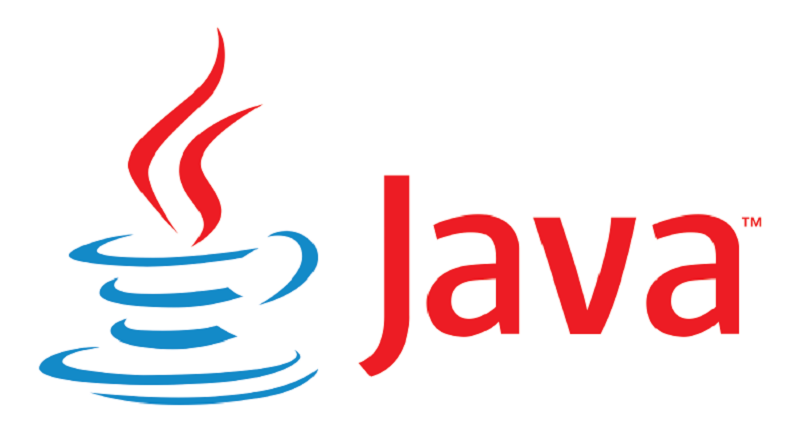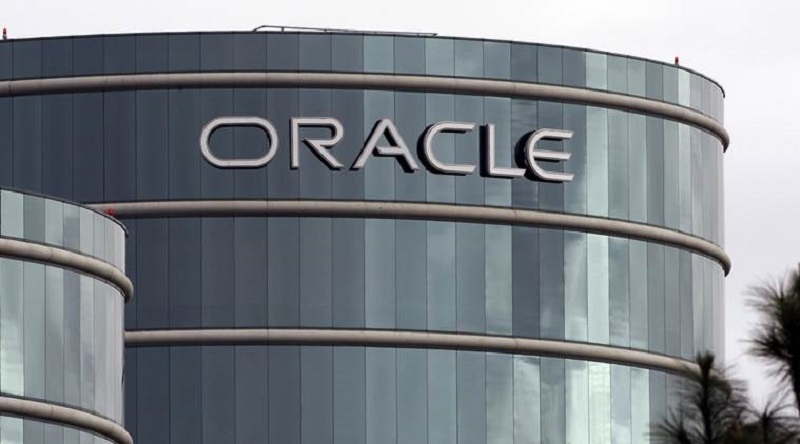
One of the big problems that we have in the digital age is fully understanding exactly who owns the intellectual property for what. While it’s easy to distinguish with tangible products where the first person to make something can generally have
This has been a source of debate since 2010 ever since Oracle first accused Google of improperly using elements of Oracle’s Java programming language to build Android. Oracle said that Google’s use of Java application programming interfaces was a violation of copyright law. Google has responded that APIs are too fundamental to programming to be copyrighted.
It’s a complex debate that has seen two jury trials and several different rulings on either side that has the potential for Google to lose billions of dollars in revenue if they were to lose the claim. It’s a battle though that Google wants to finally be finished though as The Verge is reporting that the company has asked for the US Supreme Court to finally hear the case and settle the argument for once and for all in determining exactly what and when code can be copyrighted.

The Supreme Court has yet to declare their interest in takin on the matter, but it is an important issue that definitely has far reaching consequences, not just for the two big companies involved, but for software developers everywhere. While software license agreements can already be overly long and litigious, they may now need to get even more detailed and specific. Currently they do provide for some clarity around companies developing code utilizing other’s tools, it may get even more complex if certain additional modules or functions from other companies make their way into production code.
As a software developer myself, I can understand both parties point of view on the matter. For Oracle, although they have made the Java programming language open for the world to use, they do own how it works and are able to run software on pretty much every device. Seeing Google misuse some of that proprietary knowledge seems a little unfair. However that being said, the code that is being referred to is such a small chunk of what makes Android work that it seems unfair to penalise Google for their ingenuity. Made even more complicated by the fact that many companies utilise others APIs (Application Program Interface) all the time to communicate with other. That’s what they’re there for.

I guess if I had to pick a side ethically, I would go with Google on this. But that might set up a dangerous precedent legally where companies can then start to build software that leverages others APIs to do its task, only for them to be the only money-makers on the end product. Hopefully this battle will get resolved soon so that many companies can now start to see where the legal boundaries of code really are and react accordingly.
It’s worth noting that obviously this ruling would only count for code developed within the US, but I wouldn’t be surprised if many other countries will start to set laws in accordance with whichever way this battle goes in a bid to crating less ambiguity for software development houses.
Last Updated: January 25, 2019





















HvR
January 28, 2019 at 09:38
A lot of unintended consequences can lead from this, one is that Mirco Focus could sue everybody that ever used the POSIX API or a variant there of.
Companies could face issues selling their products if they do not use open workgroup API’s; which IMHO is a good thing.
Another fact that I’ve not see anybody comment upon is that individual developers could start taking their employers or ex-employers to court since copyright is conferred upon the author and not the company and most employment contracts I’ve been given do not cover copyright only IP developed at company’s premises and on the companies time and hardware.